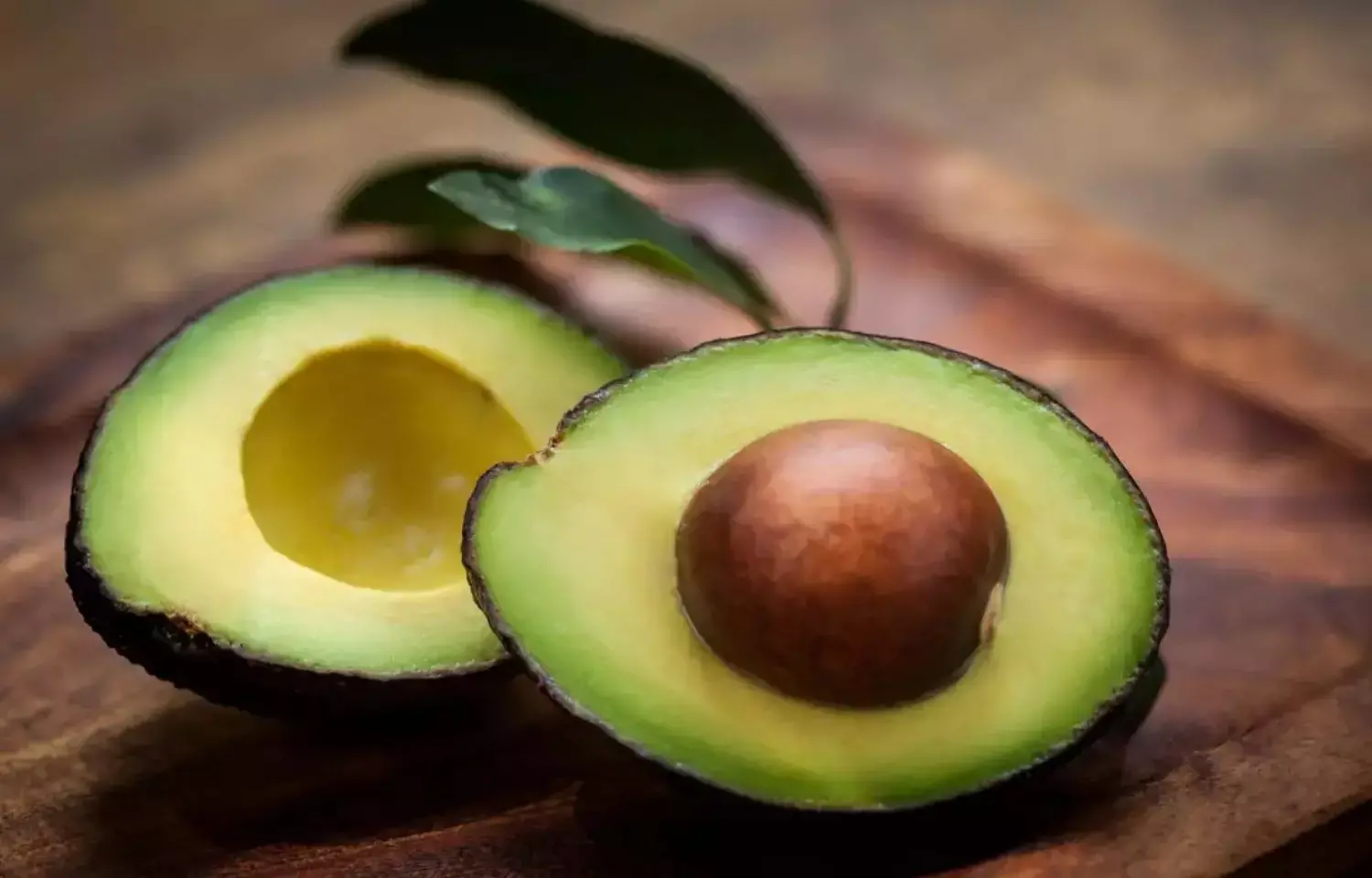- Home
- Medical news & Guidelines
- Anesthesiology
- Cardiology and CTVS
- Critical Care
- Dentistry
- Dermatology
- Diabetes and Endocrinology
- ENT
- Gastroenterology
- Medicine
- Nephrology
- Neurology
- Obstretics-Gynaecology
- Oncology
- Ophthalmology
- Orthopaedics
- Pediatrics-Neonatology
- Psychiatry
- Pulmonology
- Radiology
- Surgery
- Urology
- Laboratory Medicine
- Diet
- Nursing
- Paramedical
- Physiotherapy
- Health news
- Fact Check
- Bone Health Fact Check
- Brain Health Fact Check
- Cancer Related Fact Check
- Child Care Fact Check
- Dental and oral health fact check
- Diabetes and metabolic health fact check
- Diet and Nutrition Fact Check
- Eye and ENT Care Fact Check
- Fitness fact check
- Gut health fact check
- Heart health fact check
- Kidney health fact check
- Medical education fact check
- Men's health fact check
- Respiratory fact check
- Skin and hair care fact check
- Vaccine and Immunization fact check
- Women's health fact check
- AYUSH
- State News
- Andaman and Nicobar Islands
- Andhra Pradesh
- Arunachal Pradesh
- Assam
- Bihar
- Chandigarh
- Chattisgarh
- Dadra and Nagar Haveli
- Daman and Diu
- Delhi
- Goa
- Gujarat
- Haryana
- Himachal Pradesh
- Jammu & Kashmir
- Jharkhand
- Karnataka
- Kerala
- Ladakh
- Lakshadweep
- Madhya Pradesh
- Maharashtra
- Manipur
- Meghalaya
- Mizoram
- Nagaland
- Odisha
- Puducherry
- Punjab
- Rajasthan
- Sikkim
- Tamil Nadu
- Telangana
- Tripura
- Uttar Pradesh
- Uttrakhand
- West Bengal
- Medical Education
- Industry
Daily avocados consumption may improve diet quality, lower cholesterol levels

Eating one avocado a day for six months was found to have no effect on belly fat, liver fat or waist circumference in people with overweight or obesity, according to a new study. However, it did lead to a slight decrease in unhealthy cholesterol levels.
In the randomized trial, the team-including Penn State researchers-also found that participants who ate avocados had better quality diets during the study period.
While prior, smaller studies have found a link between eating avocados and lower body weight, BMI, and waist circumferences, this was the largest, most extensive study to date on the health effects of avocados, including the large number of participants and length of the study period.
"While the avocados did not affect belly fat or weight gain, the study still provides evidence that avocados can be a beneficial addition to a well-balanced diet," said Penny Kris-Etherton, Evan Pugh University Professor of Nutritional Sciences at Penn State. "Incorporating an avocado per day in this study did not cause weight gain and also caused a slight decrease in LDL cholesterol, which are all important findings for better health."
Kristina Petersen, assistant professor of nutritional sciences at Texas Tech University, said the study also found that eating avocados daily improved the overall quality of the participants' diets by eight points on a 100-point scale.
"Adherence to the Dietary Guidelines for Americans is generally poor in the U.S., and our findings suggest that eating an avocado per day can substantially increase overall diet quality," Petersen said. "This is important because we know a higher diet quality is associated with lower risk of several diseases including heart disease, type 2 diabetes and some cancers."
The research-recently published in the Journal of the American Heart Association-was conducted in conjunction with Loma Linda University, Tufts University, and UCLA, with coordinating support from Wake Forest University.
For the study, the researchers conducted a six-month experiment involving more than 1,000 participants experiencing overweight or obesity, half of whom were instructed to eat an avocado every day while the other half continued their usual diet and told to limit their avocado consumption to less than two a month. Fat in the abdomen and around other organs was measured precisely using MRI before and at the end of the study.
"While one avocado a day did not lead to clinically significant improvements in abdominal fat and other cardiometabolic risk factors, consuming one avocado a day did not result in body weight gain," said Joan Sabaté, professor at Loma Linda University School of Public Health. "This is positive because eating extra calories from avocados doesn't impact body weight or abdominal fat, and it slightly decreases total and LDL-cholesterol."
They also found that daily avocados resulted in total cholesterol decreasing 2.9 milligrams per deciliter (mg/dL) and LDL cholesterol decreasing 2.5 mg/dL.
The researchers said that in the future, they will continue to analyze data from the study. For example, participants were not instructed on how to eat their avocados each day, and future research could investigate how participants incorporated the avocados into their diet and whether any differences in the results are observed based on how participants ate the avocado.
Reference:
Alice H. Lichtenstein, Penny M. Kris‐Etherton, Kristina S. Petersen, Nirupa R. Matthan, Samuel Barnes, Mara Z. Vitolins, Zhaoping Li, Joan Sabaté, Sujatha Rajaram, Shilpy Chowdhury, Kristin M. Davis, Jean Galluccio, Cheryl H. Gilhooly, Richard S. Legro, Jason Li, Laura Lovato, Letitia H. Perdue, Gayle Petty, Anna M. Rasmussen, Gina Segovia‐Siapco, Rawiwan Sirirat, April Sun and David M. Reboussin. Originally published5 Jul 2022 https://doi.org/10.1161/JAHA.122.025657Journal of the American Heart Association. 2022;0:e025657
Dr Kamal Kant Kohli-MBBS, DTCD- a chest specialist with more than 30 years of practice and a flair for writing clinical articles, Dr Kamal Kant Kohli joined Medical Dialogues as a Chief Editor of Medical News. Besides writing articles, as an editor, he proofreads and verifies all the medical content published on Medical Dialogues including those coming from journals, studies,medical conferences,guidelines etc. Email: drkohli@medicaldialogues.in. Contact no. 011-43720751


